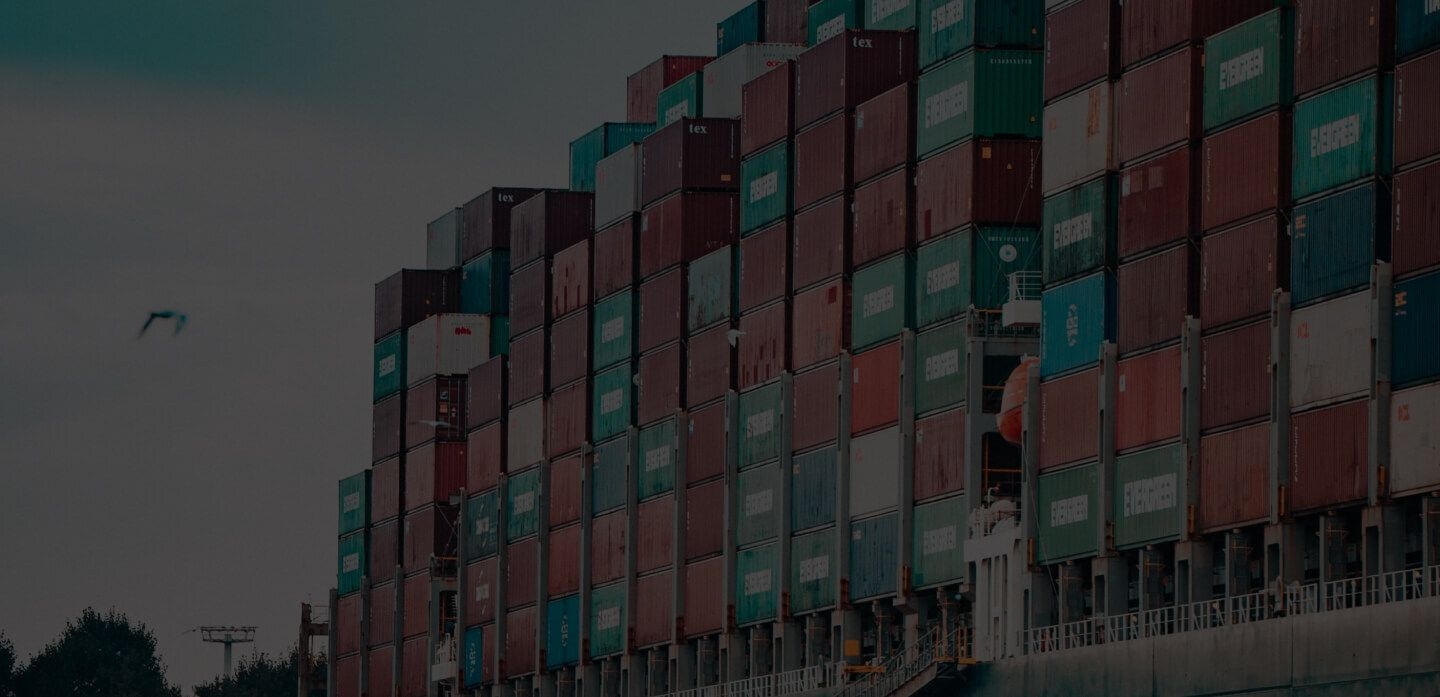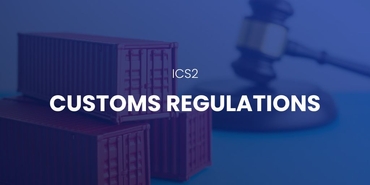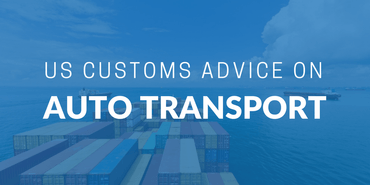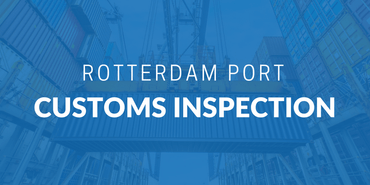
Customs and Border Protection – USA



![]()
United States Custom and Border Protection (CBP) is a federal law enforcement agency that is part of the United States Department of Homeland Security (DHS). It is the largest agency comprising the DHS, and it is the US’s main border control agency.
It helps regulate and facilitate international trade into and out of the country. CBP is in charge of collecting import duties and enforcing American regulations that include trade, customs, and immigration. The agency is tasked with preventing individuals from entering the country illegally, as well as preventing illegal imports into and export out of the United States.
History of CBP
President George Washington initially formed the United States Customs Service in 1789 in order to collect import duties. The Immigration and Naturalization Service was formed in 1933 to control and monitor immigration into the United States.
In 2003, President George W. Bush combined the United States Customs Service, the Immigration and Naturalization Service, and the Animal and Plant Health Inspection Service to form United States Customs and Border Patrol. The consolidation of the organizations allowed the newly formed CBP to create seamless security procedures in regard to maintaining the integrity and security of American borders and ports of entry.
The Role of CBP
CBP is authorized to search all inbound and outbound shipments. This allows them to seize any contraband merchandise entering or exiting the country. This also enables them to prevent the illegal entry of individuals into the country.
The agency comprises of various personnel. These include:
CBP Officers: CBP Officers are law enforcement officers who have full law enforcement powers. They are also authorized to prevent the illegal entry of individuals into the country and check imported and exported materials for customs and immigration violations.
Agriculture Specialists: Agricultural Specialists can conduct random inspections of items entering the country and seize prohibited items. They are specialists in the area of importation of agricultural and commercial items and work to prevent the entry of prohibited commodities into the country, as well as harmful pests, diseases, and agro-terrorist items.
Import Specialists/Entry Specialists: They serve as experts in the matter of international trade. They determine which products can legally enter and exit the country according to US law.
US Border Patrol: These agents patrol American borders and ports of entry to prevent illegal entry into or exit out of the country by individuals. They are tasked with preventing the smuggling of people illegally into the country.
Air and Marine Enforcement and Interdiction Agents: Headed by the Office of Air and Marine (AMO), this part of CBP works to prevent illegal entry of people and items through air and sea borders.
Role of CBP in Import and Export
CBP customs agents play a major role in regulating the import and export of goods in the United States. They have the authority to enforce any and all US trade laws on merchandise that arrives in the country. This authority exists as the items arrive at US ports of entry and also once items enter the US marketplace.
In terms of international trade regarding the USA, CBP policies are designed with three aims in mind. These are:
- Making sure imported cargo flows through American ports of entry smoothly.
- Ensuring the agents enforce trade and customs laws. These laws have been designed to protect American consumers and businesses. At the same time, agents are tasked with ensuring that customs revenue has been collected.
- Making sure that importers follow laws designed to prevent the entry of weapons of mass destruction, illegal drugs, and other contraband into the US.
Customs border agents are responsible for entry procedures for imported merchandise. They also have authority over admissibility requirements, classification, valuation, and collection of duties and other taxes and fees relating to the imported merchandise.
Understanding the Import Process
If you plan on importing items into the country, customs border agents are tasked with ensuring that the items are safe and legal. The import process for any cargo includes:
Screening: Carrying out a risk assessment on the material.
Scanning: Analyzing all containers that enter the country using technology, including x-rays and gamma rays, and more.
Radiation Detection: Checking materials to ensure that they do not contain radioactive materials that may be part of a nuclear weapon or dirty bomb.
Examination: Carrying out a physical examination of the cargo.
Primary Inspection: Checking documentation to ensure that the cargo can enter the country.
Secondary Inspection: Checking the contents of the container to ensure the cargo can enter the country.
Liquidation: The payment of all import-related taxes and fees.
It should be noted that while most cargo items will not require an import license, some will. CBP maintains guidelines describing which items will require a license or a permit, and agents will check to ensure that all licensing is in order before allowing goods to enter the country.
If you are exporting items, keep in mind that all export items are subject to export control laws. Furthermore, some items may require an export license. In order to check if the item you are exporting requires a license, you will have to check the guidelines of the federal agency that has jurisdiction and regulatory powers over the item for export.
CPB offers tips for new importers and exporters so they can ascertain whether they are following all laws and regulations. These tips will help guide you through import and export laws to ensure that you follow all legal procedures.
Related Articles


